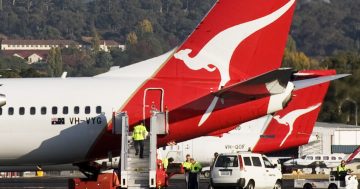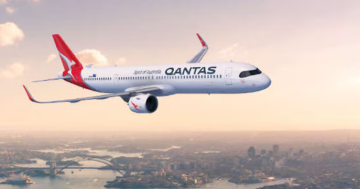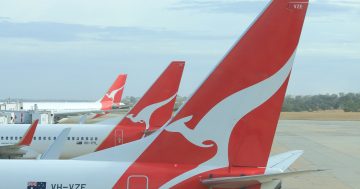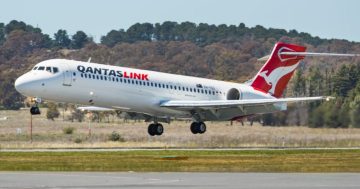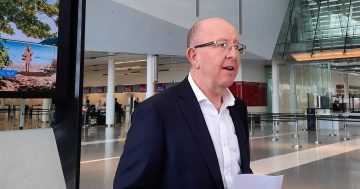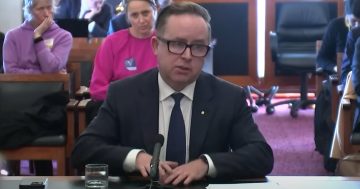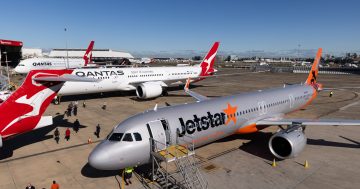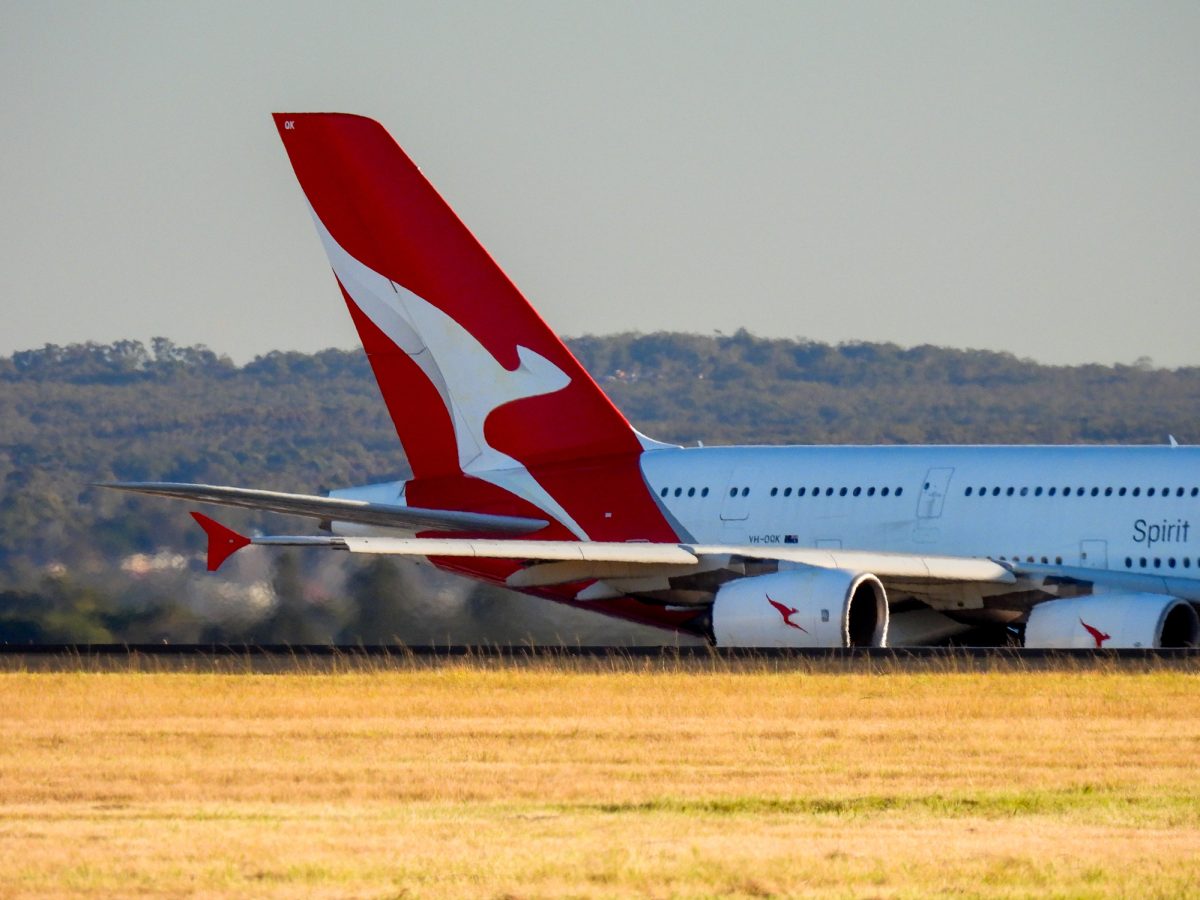
Qantas says it now removes cancelled flights from sale immediately. Photo: SCM Jeans.
Qantas has hit back at allegations made by the Australian Competition and Consumer Commission (ACCC) that it broke the law by advertising for flights that had already been cancelled.
On Monday (30 October), the airline filed its defence with the Federal Court in response to the ACCC’s claims in August, which included allegations that it engaged in false, misleading or deceptive conduct by advertising tickets for more than 8000 cancelled flights between May and July 2022.
“We reject the notion of ghost flights because people who paid for a flight were given a flight or a refund. This was not a case of ‘fee for no service’,” Qantas said in a statement.
The airline acknowledged that “mistakes were made” and its customers had been let down over the post-COVID period.
“We fully acknowledge that the period examined by the ACCC was extremely difficult for our customers. Restarting flying after the COVID shutdowns proved a challenge for the whole industry, with staff shortages and supply chain issues coinciding with huge pent-up demand. Qantas cancelled thousands of flights as a result and there were many unacceptable delays. While we restarted safely, we got many other things wrong and, for that, we have sincerely apologised,” Qantas said.
However, it said that due to the nature of travel, no airline can ever guarantee flights will go ahead as expected.
“The ACCC’s case ignores a fundamental reality and a key condition that applies when airlines sell a ticket. While all airlines work hard to operate flights at their scheduled times, no airline can guarantee that. That’s because the nature of travel – when weather and operational issues mean delays and cancellations are inevitable and unavoidable – makes such a guarantee impossible.”
The ACCC claims that Qantas kept selling tickets on its website for an average of more than two weeks, and in some cases for up to 47 days, after the flights had been cancelled.
It alleges that for about 70 per cent of cancelled flights over the period under investigation, Qantas either continued to sell tickets for the flight on its website for two days or more, or delayed informing existing ticketholders that their flight was cancelled for two days or more, or both.
Qantas denied this and said customers were accommodated on other flights as close as possible to the original time or offered a full refund.
“We reject the notion of ghost flights because people who paid for a flight were given a flight or a refund. This was not a case of ‘fee for no service’,” Qantas said.
“Qantas did not delay communicating with our passengers for commercial gain. Nor did we cancel flights to protect slots, particularly given slot waivers were in place at most airports during that time.”
The airline said the primary reasons for delays were giving its teams time to establish alternative travel options during periods of upheaval, avoiding call centre wait times or, in some cases, human error.
Qantas said it could not remove the flights from sale automatically due to “system limitations and the sheer number of flights involved”.
“While managing this is not a problem in ‘normal times’, the sheer scale of the changes we were dealing with during this period meant that some flights remained on sale, as the ACCC case flags, for 48 hours or more after they were cancelled,” it said.
Qantas said cancelled flights are now taken off sale immediately.
Qantas has been under fire in recent months for its high rates of cancellations, with Canberra to Sydney consistently coming out as the route with the highest cancellation rate.
While airport bosses have accused Qantas of deliberately cancelling flights to block competition from smaller carriers, Qantas has denied these claims.
“As widely reported, our operations were struggling in the first half of 2022. Supply chain shortages meant aircraft were grounded, huge spikes in sick leave and self-quarantine requirements left us short-staffed. Some international borders were also still in flux,” Qantas said.
“To help stabilise our operations, we made the decision to make large cuts to our planned flying. That meant cancelling a lot of flights that were already in the system, which we did on average two-and-a-half months before scheduled departure so that we could better manage the impact on customers by finding them alternatives. But it meant the volume of change was huge, and our systems struggled to cope.
“As an example of the scale involved, Qantas had to process more than 415,000 itinerary changes in the months of February and March 2022 alone.”












